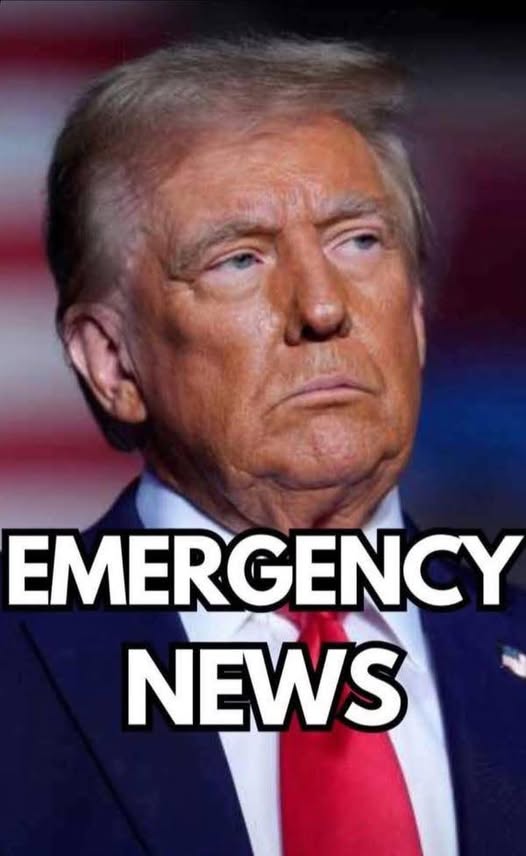
Donald Trump has signed the order!?
Former President Donald Trump’s recent executive order, promoted as a stance against anti-Semitism, has stirred up significant backlash for what critics say is an alarming assault on human rights and freedom of expression. At the heart of the controversy is a provision that targets international students, threatening them with deportation if they participate in protests deemed “anti-Israel.” The implications of such a policy are far-reaching—and deeply troubling.
While the order is framed as a protective measure for Jewish communities, many argue its true intent is to silence pro-Palestinian voices and discourage criticism of Israel. By tying immigration status to political expression, the administration has weaponized visa policy in a way that undermines the foundational American principles of free speech and peaceful assembly. For countless students—many of whom traveled to the U.S. in pursuit of academic freedom—this policy introduces fear and uncertainty, forcing them to choose between their conscience and their education.
Civil rights advocates and legal scholars are calling this move a direct attack on the right to dissent. In universities across the country, students play a vital role in raising awareness about international injustices. To criminalize that engagement—especially when it aligns with a specific political narrative—is to create a culture of suppression and fear, where only approved viewpoints are permitted.
Equally disturbing is the executive order’s broad and ambiguous language, which allows authorities to interpret what constitutes “anti-Israel” activity. This opens the door for overreach, where legitimate critiques of foreign policy or humanitarian concerns could be mischaracterized as hate speech. The line between anti-Semitism and political critique becomes dangerously blurred, making it easy to punish voices that challenge the status quo.
International students, already vulnerable due to their legal status, now face the added threat of surveillance and expulsion—not for breaking laws, but for speaking up. The message is chilling: your right to protest ends where political convenience begins.
This policy doesn’t just impact a few vocal students—it sends a warning to every campus and community across the nation. It discourages open debate, critical inquiry, and the kind of academic freedom that makes American institutions globally respected. If left unchallenged, it risks setting a precedent where disagreement becomes grounds for deportation and silence becomes the cost of staying.
Furthermore, this executive order contributes to a broader pattern of invoking national security and public order as justifications for eroding civil liberties. Whether it’s restricting protests, controlling speech, or targeting specific communities, these measures slowly normalize the suppression of dissent under the guise of protection.
To conflate criticism of a government’s policies with hatred toward an entire group of people is not only intellectually dishonest—it’s dangerous. Anti-Semitism is a serious issue and deserves real, thoughtful solutions. But using it as a cover to crush legitimate political discourse only weakens the effort to address it meaningfully.
As outrage spreads, legal challenges are expected, and student advocacy groups are mobilizing. Human rights organizations are demanding that lawmakers push back and reaffirm their commitment to the Constitution and its guarantees of free speech.
In the meantime, the students caught in the crosshairs of this order face a grim reality. They came to the U.S. to learn, to grow, to engage in the kind of discourse that defines a healthy democracy. Now, they’re being told that standing up for their beliefs could cost them everything.
This isn’t just about one executive order—it’s about the future of free expression, the integrity of academic spaces, and the courage to question power. Whether the world agrees or disagrees with the protests themselves, the right to hold and voice those opinions must be defended.
Because a society that punishes dissent isn’t protecting its people—it’s protecting itself from accountability.




